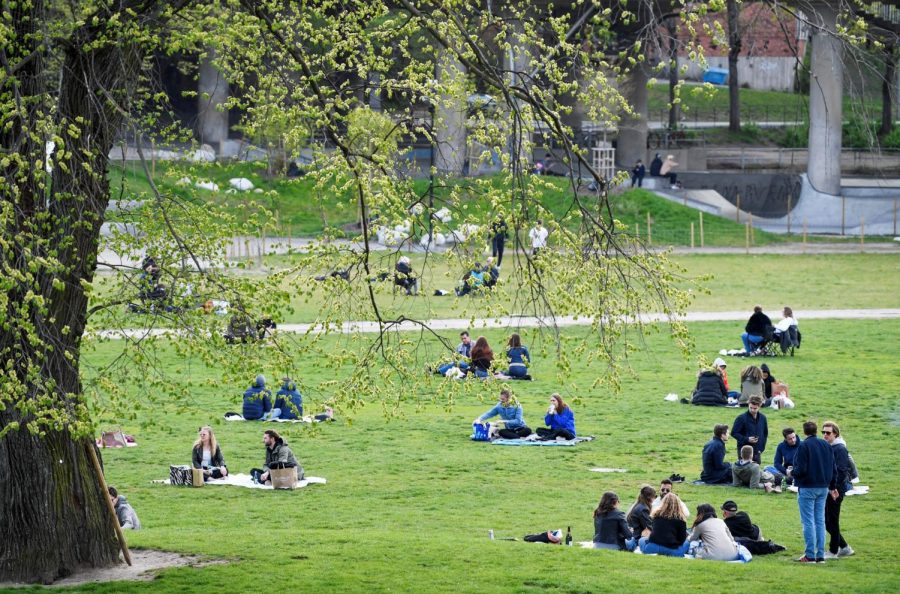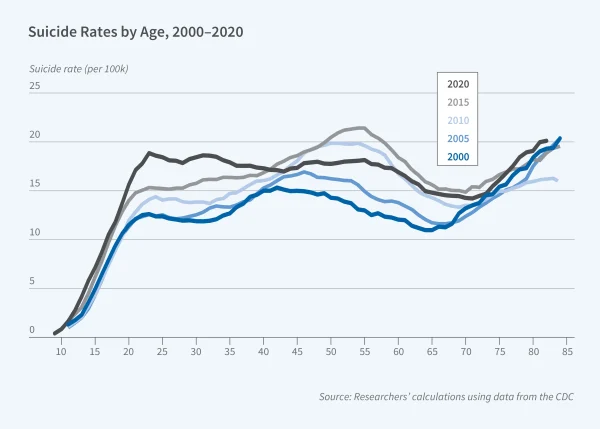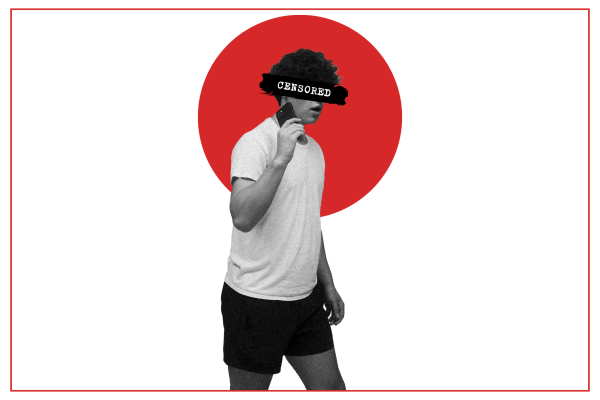Sweden’s COVID-19 approach; intelligent or reckless
Henry Montgomery, TT News Agency, Reuters.
People gathered together on a beautiful spring day at the Ralambshov park during the COVID-19 pandemic in Stockholm, Sweden on May 8, 2020.
Stay home, wash your hands and avoid other people. That’s the strategy the United States and many other countries are implementing. However, Sweden has a different approach to the COVID-19 pandemic. In Sweden, children 16 and under are still in school. The aim is to limit the spread of the disease by making recommendations, rather than edicts. The hope is that by keeping large parts of society open and following scientific advice, the country may avoid some of the worst social, economic and medical consequences of the coronavirus pandemic.
“It really aggravates me when the news in the United States acts like Sweden is doing nothing to prevent COVID,” said Swedish citizen Kristina Hein. “The government is paying big companies to put off workers for months. Sweden is one of the lowest debt countries in Europe so they have the money to give.”
Sweden’s goal is to create herd immunity. They are leaving businesses open and the government is giving money to help keep businesses running. Sweden has had more deaths (3,582) out of its population of 10 million people, than Norway (232 deaths) for 5 million people and Denmark (537) for 5.5 million. The science behind what they are doing is they want to have one big spike in COVID cases and be done, instead of having multiple smaller spikes like what will happen in the United States and other countries. The problem with quarantine is you don’t know when you can leave and you don’t know when you can go back to a normal life.
A poll this week showed that only 11% of Sweden’s population had a low degree of trust in the country’s approach. Their approach reflects its faith in the ability of citizens to act responsibly in the face of the coronavirus pandemic. Anders Tegnell, the state epidemiologist, is the man who has led the campaign to contain and deal with Covid-19. In Sweden, recommendations for the citizens are dealt with by doctors, not politicians. Probably something we should consider in the States.
So far, it’s clear that the Swedish people have suffered more from COVID-19 than their neighbors, with many more infections and deaths. But, like everything else with the pandemic, there are still a lot of unknowns. The only way to know for certain whether Sweden’s approach was sensible, will be in hindsight.

Henry Haft is a senior and third-year Statesman satire editor. When Haft is not grilling students in interviews, he enjoys sleeping, eating and occasionally...








Gunnar Sundstrom • May 21, 2020 at 5:49 pm
You seem to be an insightful young man and your analysis of the situation here in Sweden is pretty good.
However, the Swedish authorities deny that the main goal is to achieve herd immunity. The goal is to flatten the curve to avoid an overloaded healthcare system, which succeeded, but above all protect the elderly and vulnerable, which, however, failed, as in many countries.
The Swedish Public Health Authority believes that a total lockdown can harm human health more than the virus itself in the long run, such as worse mental health with more suicides as a result, worse physical health with more heart attacks and more domestic violence. Therefore, school closure was not a good alternative, also because there is a risk that grandparents take over the daily care so that the parents can go to work. If this more “light” strategy involves a sufficiently high immunity, then it is a positive by-product, it was considered and these measures are also more sustainable. A long time lockdown with police in the streets is not.
I think a quote from Benjamin Franklin reflects the Swedish strategy quite well: “Those who would give up essential Liberty, to purchase a little temporary Safety, deserve neither Liberty nor Safety”.
Keep safe!